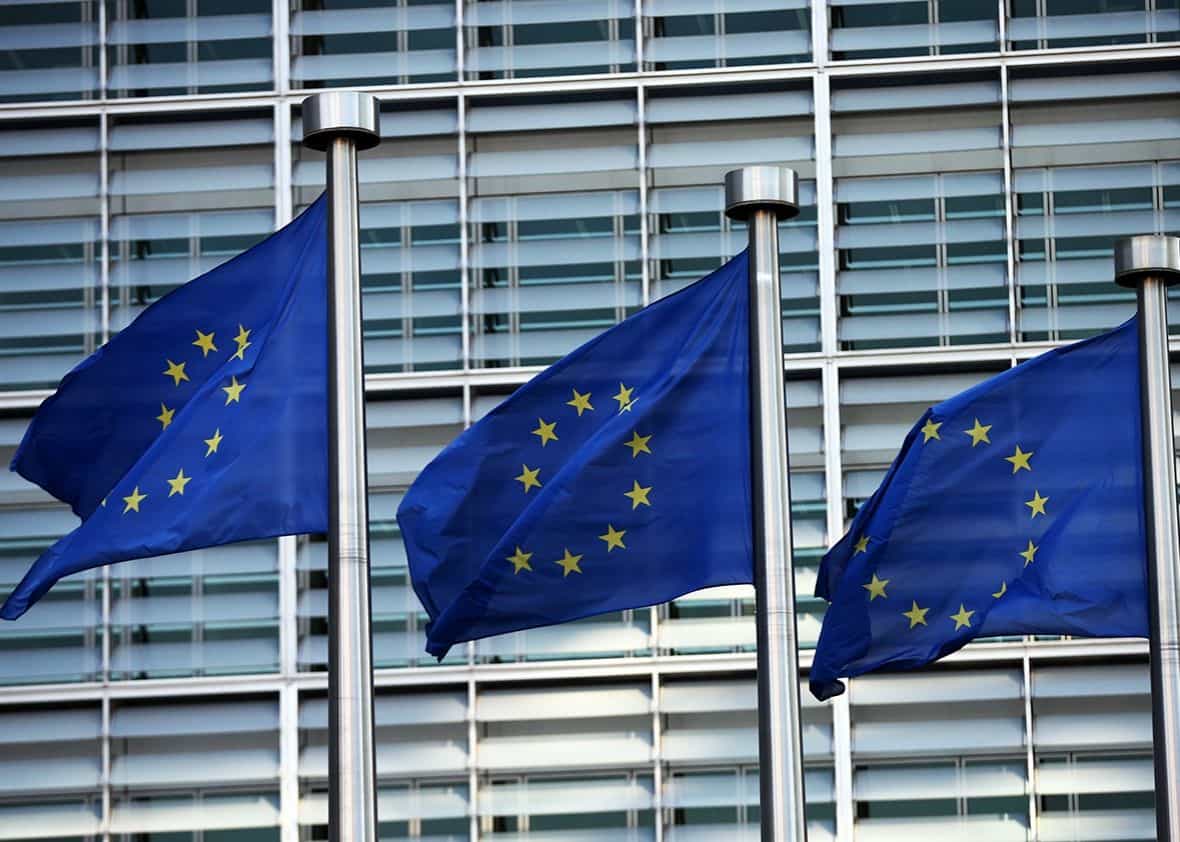The EU unveiled on Monday a raft of new joint defence projects including submarine drones and cyber attack rapid response teams as it launched a landmark pact on boosting military cooperation.
Twenty-five countries — all of the EU member states except Denmark, Malta and Britain, which is leaving the bloc — have signed up for the pact, known as permanent structured cooperation on defence (PESCO).
It aims to get EU states to coordinate better on defence projects, including the development of new weapons, as Russia flexes its muscles to the east and the bloc seeks a reboot after Brexit.
EU states are also set to sign off on the 1.5 billion euro a year European Defence Fund (EDF) on Tuesday, the bloc’s executive arm said.
‘She is awake, the Sleeping Beauty of the Lisbon Treaty,’ European Commission chief Jean-Claude Juncker said in a statement, referring to the fact that the defence plan was contained in the 2007 Lisbon Treaty, which underpins the modern EU.
‘I welcome the steps taken today by member states to lay the foundations of a European Defence Union. Europe cannot and should not outsource our security and defence,’ he added.
The first batch of 17 schemes includes a Belgian-led project to develop submarine drones to tackle mines at sea.
It also involves the creation of ‘cyber rapid response teams’, led by Lithuania.
The proposals further include a German-led ‘crisis response operation core’ aimed at speeding up the deployment of troops to crisis situations, though initially this will begin with a low-key implementation study.
Decades of similar efforts to deepen European military cooperation have come to little, partly as a result of Britain’s fierce opposition to anything that might lead to a European army.
But Brexit and Russia’s annexation of Crimea in 2014 has once again brought the need for a strong European security stance back into focus.
The shift in US policy under President Donald Trump — who berated European partners on military spending at a NATO summit in May — has also led many to question whether Washington can be relied upon to protect Europe as it has in the past.










